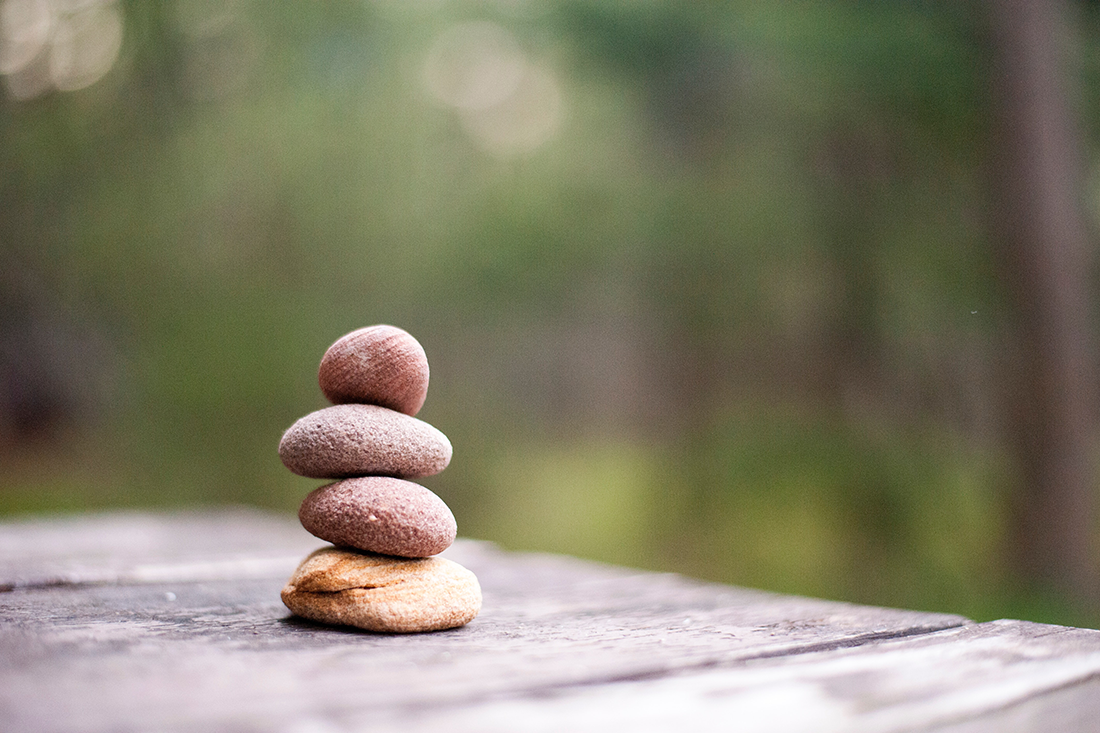Balance is Key
OSCIE
Darya Hajiseyedjavadi
Life is a balancing act. That is a phrase that you have most likely heard at some point of your life, and that you will continue to hear for as long as you live. Life truly is a balancing act. We all go through difficult times. We have all been at a point of being extremely stressed out and overwhelmed. On the opposite side of it, though, we have all also had days that we just don’t do anything. As multiple situations have taught us, an extreme of any kind does not do us any good. Extremes can appear in any area of our life; they might be found in our study habits, fitness habits, social situations, and pretty much everywhere else we can imagine. As life goes on, it becomes very obvious that we simply cannot survive without a balanced life. Psychologically, physically, and emotionally, balance is crucial to our overall well being and mental health.
Being aware of a need for balance is certainly a very important part of living a mentally-healthy life. When we are able to identify something we are doing too much of or too little of, it sets up a pathway to get out of the extreme and put our habits somewhere in the middle. However, knowing that we need a balance is only a part of actually getting there. In order to completely fulfill a balanced life, it is important to know howto actually achieve it. Here are a few tips to help you out:
- First thing’s first; observe yourself and your life and try to identify any ‘extremes.’ Look into your general ways of life; are you studying so much that you are always stressed out? Are you not studying at all? Do you go out too much? Not enough? Questions like these are incredibly important to understand about yourself, as doing too much or too little of anything certainly has its consequences. In hoping to achieve balance, you first need to figure out what it is that’s unbalanced.
- Try to take active steps to alter things that are at an imbalance in your life. Let’s say that you are spending way too much time on your studies and you are always feeling stressed out. After you have identified that issue, take a break! Of course, studying is important. However, your mental health and overall well being are, too. In another example, let’s say that you feel very unhealthy, and are not exercising regularly. When you have identified that you are not doing enough of something and that it is damaging in some way, try to do more of it! In this case, go for a walk or do something to move your body! Any step towards achieving a balance is incredibly helpful and encouraged.
- Sustain whatever steps you are taking. It is often very easy to try changing something temporarily. We are all familiar with the new years’ resolution that we say we are going to keep up with all year, but which actually fades away after about the first month of being created. Make sure to prioritize keeping a balance – keep up with yourself, and do not let it fade away!
Keeping a balance is probably one of the most important and beneficial things you can do. It keeps you in a clear mindset, lets you experience a little bit of everything, and can ultimately help you to be better academically, socially, physically, and in every other way. Having a balanced life keeps you fairly well rounded, and also stops you from tilting too far to one side that you are somehow harmed in the end. Life is, has always been, and will always be a balancing act.
Team O.S.C.I.E
Optimism
Strength
Confidence
Independence
Empathy
This article was written by a group of students who deeply want to help young teenagers find a safe place in their minds. Their goal is to eliminate negative stigmas towards mental health and make it a topic that is thoroughly addressed and becomes normalized for everyone.



